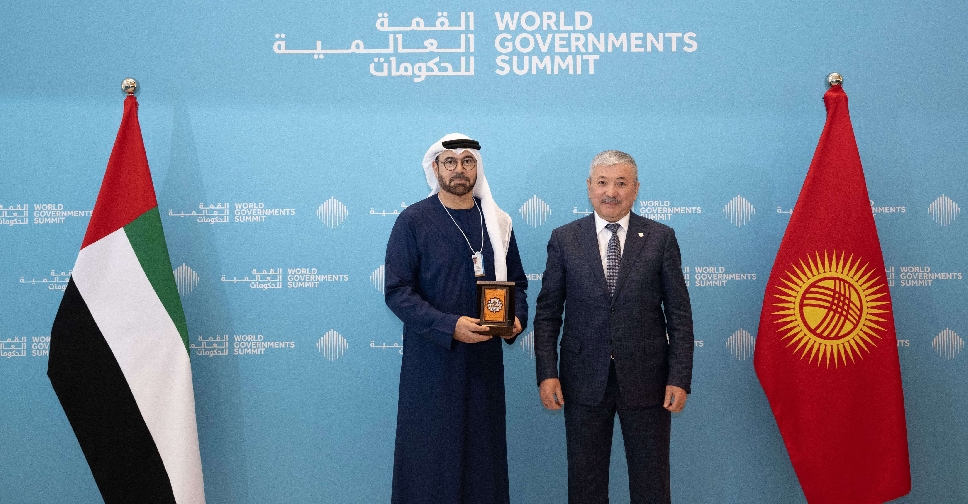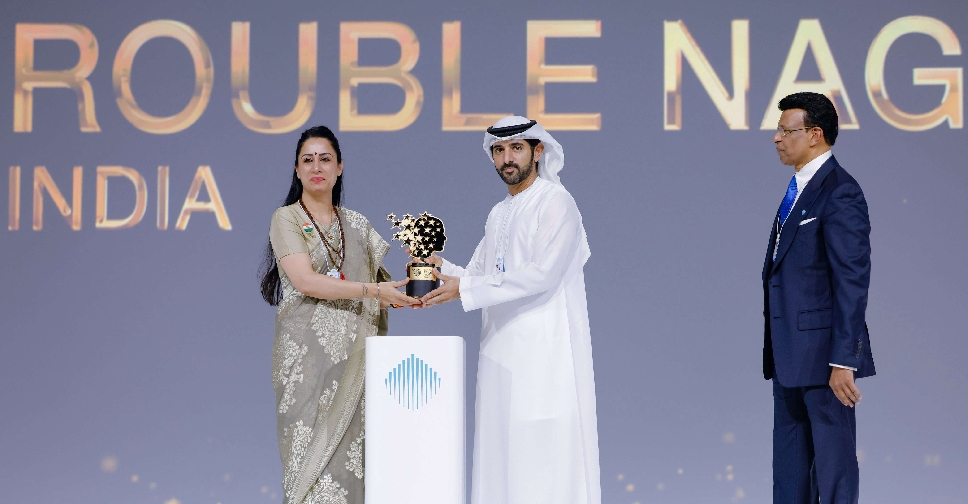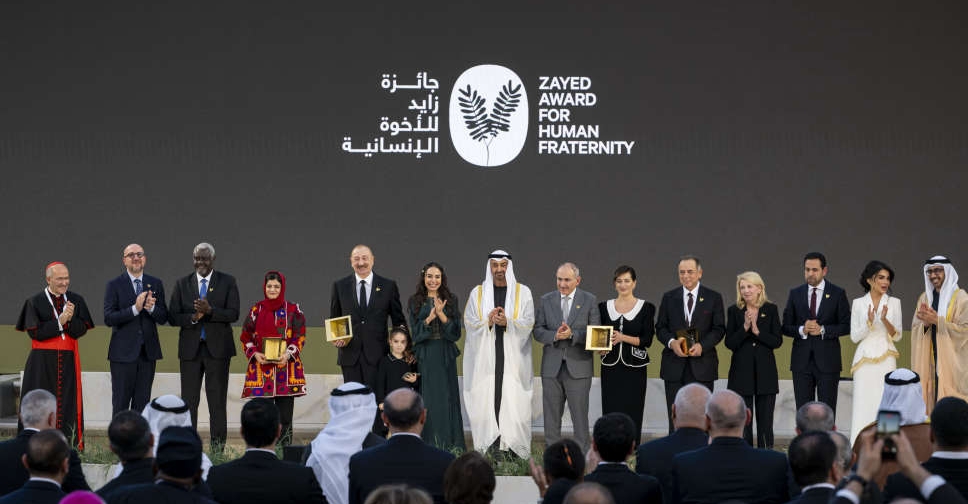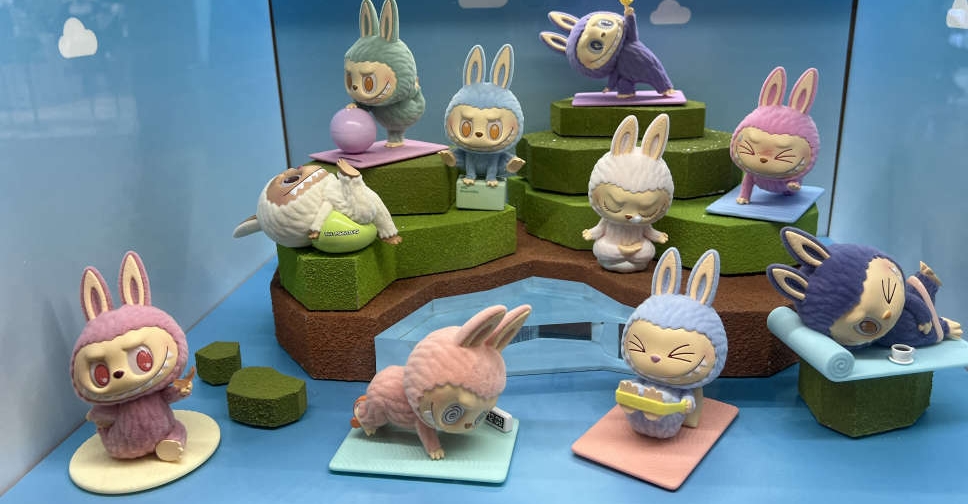
China's Pop Mart is borrowing from Disney's playbook to turn toothy monster Labubu's blockbuster sales into long-term success, by developing content, entertainment, theme parks and more merchandise around the character.
Executive Director and co-COO Si De told Reuters in a rare interview that Pop Mart's focus in the near-term was not to find the "next big hit" but to invest in "better products, finding better collaborations, developing content, theme parks, store displays" for Labubu, and the eventual goal was to have five to 10 IPs with similar long-term potential to Labubu.
Pop Mart has already done what many thought impossible - making Labubu the first Chinese product to win a global audience for its emotional and creative appeal rather than because it represents value-for-money. Now it aims to capitalise on the art toy's success.
"We have learned from Disney for a long time. In fact, Disney's great value lies in its ability to operate IP (intellectual property) over the long-term, even up to 100 years," Si said, pointing to the example of Mickey Mouse, created as a cartoon nearly a century ago.
Si did not give a timeline or estimate on investment during the first interview a top executive from the firm has done with foreign media since 2022.
THE LABUBU PARADOX
Labubu's global success has sent the Hong Kong-listed company's shares up almost 200 per cent so far this year, and Pop Mart is now worth more than Hasbro, Mattel and Sanrio combined.
"Pop Mart is selling a lifestyle that consumers are buying because they want to be part of it," said Louis Houdart, China managing partner at Mad, a consulting firm, adding that its margins rivalled some luxury brands.
It has also fuelled investment in China's red-hot art toy industry, intensifying the competitive pressure on Pop Mart, the market leader.
Estimates in July from Industry World, a Chinese market intelligence platform, said the Chinese art toy market was expected to reach more than 120 billion yuan ($16.85 billion) in revenue this year, accounting for more than 35 per cent of the global market and maintaining double-digit growth in China.
Though Pop Mart does not break out Labubu sales, the series it belongs to, The Monsters, accounted for almost 35 per cent of total first-half revenue this year, raising questions about the company's dependence on the character.
Labubu's popularity has boosted sales of stablemates such as Molly, Skullpanda and Crybaby (which each had more than 1 billion yuan or around $140 million in sales in the first half), but also fuelled curiosity beyond Pop Mart's offerings.
"Because of the success of Pop Mart, there are more people with money wanting to invest in this industry. You see right now there's a lot of new companies and there's definitely more and more artists trying to do IP as a way of making money," said Runyu, the 24-year-old winner of China's first art toy design competition reality TV show.
Other major art toy retailers in China include 52 Toys and Miniso, which traditionally relied on licensing IP from the likes of Disney and Sanrio 8136.T but is now investing more in original IP development and signing partnerships with art toy designers.
"Pop Mart has blazed a trail" for the rest of China's art toy industry, said Zhou Junyu, head of IP at Siguworks, one of the art toy companies working with Miniso.
As Pop Mart has studied Disney, other firms in China have studied Pop Mart. Whether the Disney model will help it see off the growing competition remains unclear.
"We all know Disney's playbook, which overall is relatively easy to replicate, but its success is not," said Morningstar analyst Jeff Zhang. "I mean, compared to the legacy IP operators like Disney and Sanrio, Pop Mart still has a long way to go and during the process, there is also execution risk."
FOUNDATION FOR SUCCESS
Pop Mart's success with Labubu did not happen overnight, and was largely due to strategic decisions taken by founder and CEO Wang Ning over the past decade, three current and former Pop Mart employees said. They declined to be named because they were not authorised to speak to the media.
In 2010, Wang, only 23 but with a string of entrepreneurial ventures behind him, opened a hip lifestyle store in Beijing.
Within a few years he saw collectible figurines accounting for a significant portion of revenue, and decided to focus on art toys.
Wang also realised Pop Mart needed to own the IP it sold, according to two former employees, leading him to Kenny Wong - the designer of Molly, with her distinctive pouty face.
Hong Kong-based Wong was dismissive when Wang first approached him in 2016, but he eventually agreed to a trial collaboration.
"During my most difficult years, inventory was my biggest concern, then Wang Ning showed up. He first solved my inventory problem, selling out all of it in a short period of time," Wong told Reuters. Wong handed regional licensing for Molly over to Pop Mart and the success continued. Labubu made its Pop Mart debut in 2019.
"Each time, they achieved remarkable results and progress, so much so that I finally gave them everything I had," Wong said.
Pop Mart's "blind box" retail strategy - where consumers buy packages for around $10 to $20 without knowing exactly which toy is inside - and its focus on characters with appeal to young women, a high-spending consumer group that had previously been largely overlooked by the art toy industry, were the twin foundations of its success, the Pop Mart insiders told Reuters.
"I wouldn't say they have the model 100 per cent right, that every IP is going to be a hit, but I think with the experience they have, they will get it right more than most," one said.

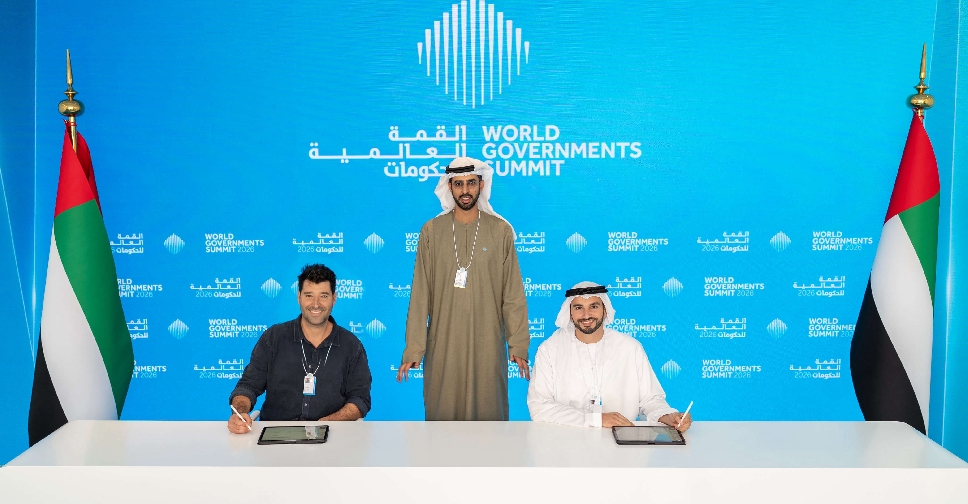 Dubai secures Canva regional headquarters in new tech partnership
Dubai secures Canva regional headquarters in new tech partnership
 DIFC delivers record 2025 results
DIFC delivers record 2025 results
 Pakistan must create 30 million jobs over next decade, World Bank president says
Pakistan must create 30 million jobs over next decade, World Bank president says
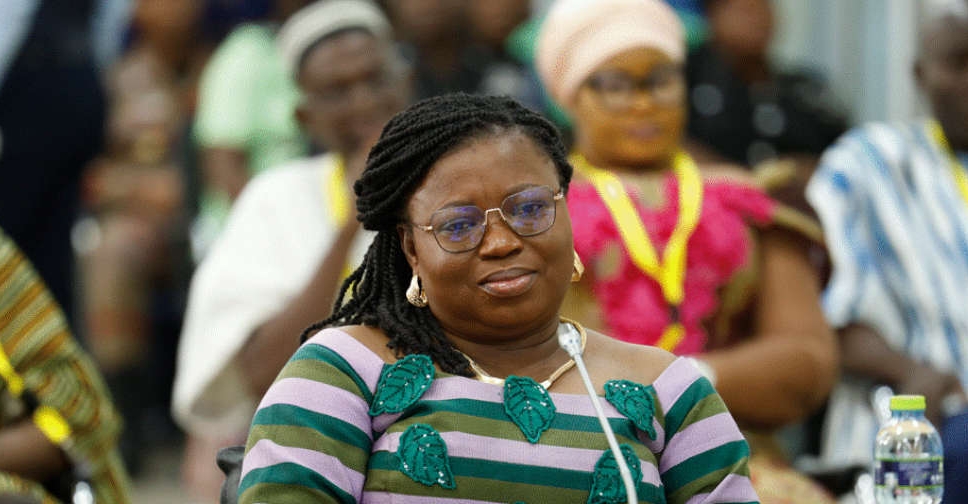 Ghana seeks to deepen strategic investment, innovation ties with UAE
Ghana seeks to deepen strategic investment, innovation ties with UAE
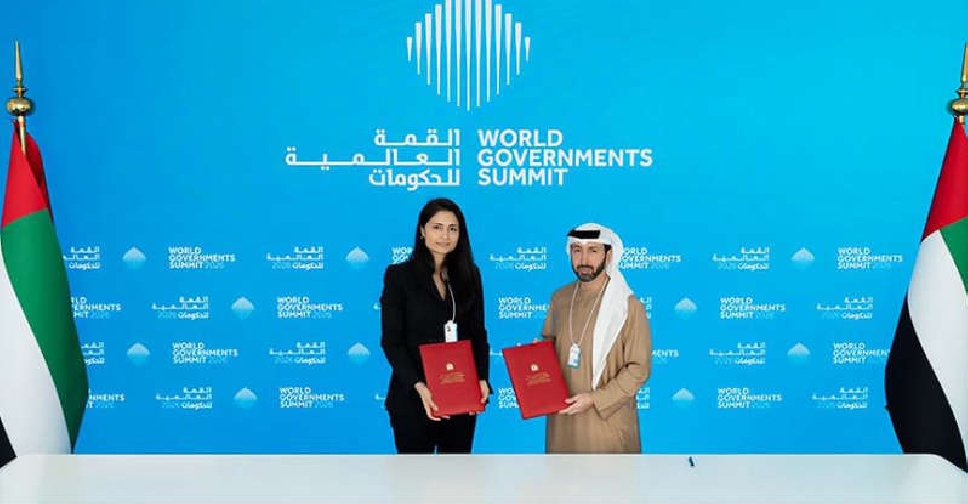 UAE partners with World Economic Forum to fast-track industrial transformation
UAE partners with World Economic Forum to fast-track industrial transformation

